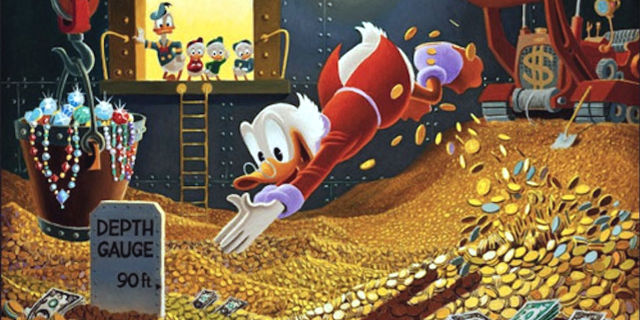Much as I did a few weeks ago, Techdirt notices the bleedin’ obvious: removing albums from Spotify’s free tier will directly promote piracy. They also quote from a report which explicitly documented this in 2015:
In Sweden, the success of Spotify resulted in a major decline in the file sharing of music on websites like The Pirate Bay. A similar move was not seen in the file sharing of TV shows and movies … until Netflix opened its doors.
Because obvious consequences like revitalising the Pirate Bay should never interrupt good old fashioned short-sighted greed.
Today we come to more record industry whining about YouTube, this time from Cary Sherman of the RIAA. They were saying approximately the same things about Spotify six months ago. He throws in a specious comparison of $7 from Spotify for each $1 from YouTube — except he’s figuring in the Spotify paid tier and guaranteed payments from its free tier.
The kicker: the industry knows it’s demanding money that YouTube doesn’t make in advertising (archive). From Chris Cooke at CMU Trends late last year:
The real problem with YouTube, from a music industry perspective, is that it won’t pay the aforementioned minimum guarantees. Therefore from a revenue perspective, the continued boom in people streaming music on YouTube is irrelevant, what matters is the site’s ad sales, which have been pretty flat of late. If the music industry gets copyright law re-written, YouTube could possibly be forced into paying minimum guarantees, which would force it to sell more ads, or limit the amount of music users both upload and play.
That is, they literally want free money from Google that they know doesn’t exist in YouTube’s earnings, just because they want free money. But then, you could have guessed that because this is the record industry.


Good post, keep